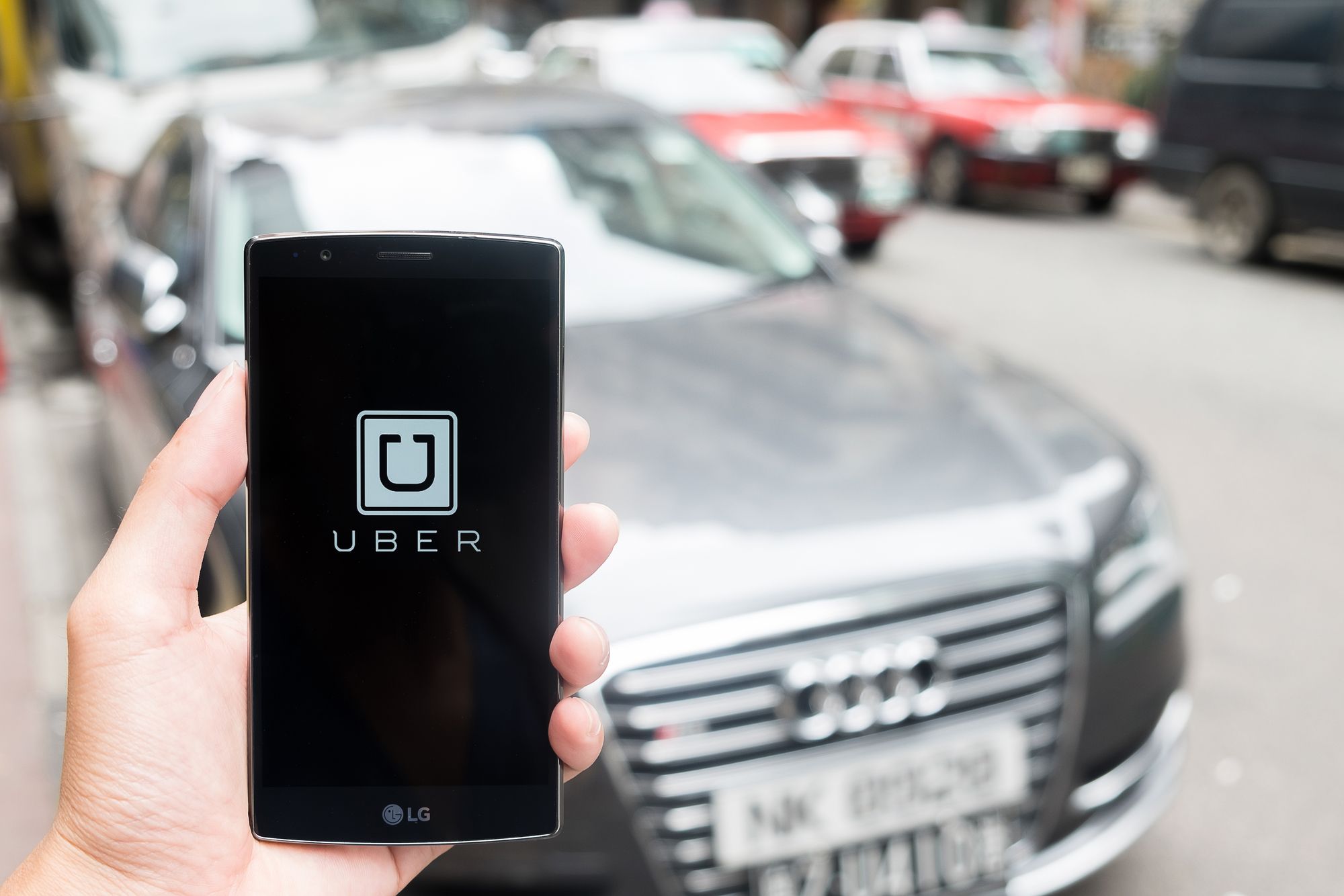Top Class Actions’s website and social media posts use affiliate links. If you make a purchase using such links, we may receive a commission, but it will not result in any additional charges to you. Please review our Affiliate Link Disclosure for more information.

Plaintiff Martin Dulberg says defendant Uber Technologies Inc. has been calculating driver compensation in a way that’s inconsistent with its contractual obligations to its drivers. By arbitrarily using a different formula, Dulberg claims, Uber is underpaying thousands of drivers.
According to the class action lawsuit, Uber charges riders according to an “aggressive” estimate of how much time and distance each ride will require. Dulberg claims this calculation tends to overestimate the minutes and miles each ride will take, resulting in higher fares.
Driver compensation should be based on this calculated fare, Dulberg argues. However, he claims Uber bases that compensation on the actual miles and minutes of the ride – not on the generally higher numbers used to calculate fares.
By doing so, Dulberg argues, Uber breaches its contract with its drivers. He claims drivers for Uber are contractually entitled to a percentage of the gross revenues of each fare. Uber, however, arbitrarily uses lower numbers to determine the driver’s share, effectively short-changing drivers on each ride, he claims.
Dulberg cites terms from Uber’s Technology Services Agreement, the agreement that governs the business relationship between Uber and its drivers.
Under terms of that agreement, the Uber driver – not Uber itself – is authorized to charge the rider a fare. The dollar amount that Uber calculates as the “fare” is only a recommended amount for the passenger’s fare. Terms of the agreement expressly treat this amount as a “default” fare, allowing the driver and passenger to negotiate a different amount.
Although the agreement doesn’t require an Uber driver to collect the exact fare that Uber calculates, it does require drivers to pay a percentage of that calculated fare to Uber. For drivers who started driving before Nov. 23, 2015, UberX drivers must pay 20 percent and UberSelect drivers must pay 28 percent, according to an addendum to the Technology Services Agreement.
Dulberg has been an Uber driver since May 2014, driving for UberX since then and for UberSelect since February 2015. As one example of the alleged miscalculation, Dulberg cites a ride he drove in February 2017.
The passenger was charged the calculated fare of $15.38, Dulberg says. He argues his compensation for that ride should have been 80 percent of that fare plus a $1.80 booking fee, or $10.86.
But Uber only paid Dulberg $9.91 for that ride, he claims. He says Uber determined that compensation using a backend calculation of 80 percent of $12.39. As a result, he claims, Uber short-changed him by 95 cents.
Dulberg is proposing to represent a plaintiff Class that would include any current or past Uber drivers who drove during the time Uber conducted the billing practice at issue and who did not opt out of arbitration.
He seeks an award of damages, court costs and attorneys’ fees, plus pre- and post-judgment interest and any other relief the court sees fit to grant.
Dulberg is represented by attorneys Jennifer Liakos, Paul B. Maslo and Andrew Dressel of Napoli Shkolnik PLLC.
The Uber Driver Underpayment Class Action Lawsuit is Martin Dulberg v. Uber Technologies Inc., et al., Case No. 3:17-cv-00850, in the U.S. District Court for the Northern District of California.
UPDATE: On June 19, 2017, Uber asked a federal court judge to dismiss a class action alleging the company underpays its drivers through its new “upfront” pricing model.
UPDATE 2: On Aug. 1, 2017, a California federal judge rejected a motion by Uber Technologies Inc. to dismiss a driver compensation class action lawsuit accusing it of using a pricing model that shortchanges drivers.
UPDATE 3: On Feb. 14, 2018, claims that Uber drivers were shorted compensation after a change in Uber fare calculations will proceed as a class action lawsuit, following a federal court’s grant of class certification.
UPDATE 4: On Aug. 24, 2018, an Uber driver is seeking approval of a settlement deal that would end a class action lawsuit over the company’s upfront pricing model.
ATTORNEY ADVERTISING
Top Class Actions is a Proud Member of the American Bar Association
LEGAL INFORMATION IS NOT LEGAL ADVICE
Top Class Actions Legal Statement
©2008 – 2024 Top Class Actions® LLC
Various Trademarks held by their respective owners
This website is not intended for viewing or usage by European Union citizens.















2 thoughts onUber Class Action Lawsuit Claims Drivers Are Short-Changed
Uber still owes me $400 plus dollars as a so called refund. They sent me an email stating I was going to receive my refund in my account. I never received it after a week. I filed a complaint. Soon after me filing a complaint they claimed that I had a balance on my account so I could not receive my refund. There was no balance on my account and I had not been an Uber driver for a year. If I had a balance I’m sure I would have been notified in all of that time. I find it convenient I have a balance because they now owe me money. They are so lying.
UPDATE: On June 19, 2017, Uber asked a federal court judge to dismiss a class action alleging the company underpays its drivers through its new “upfront” pricing model.